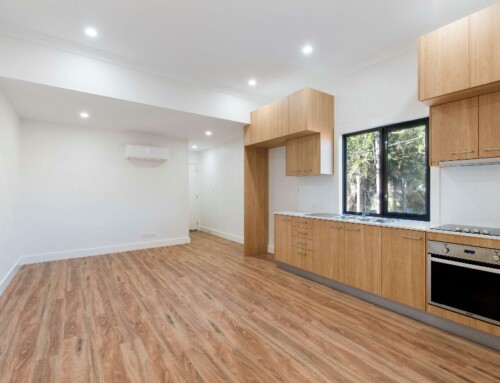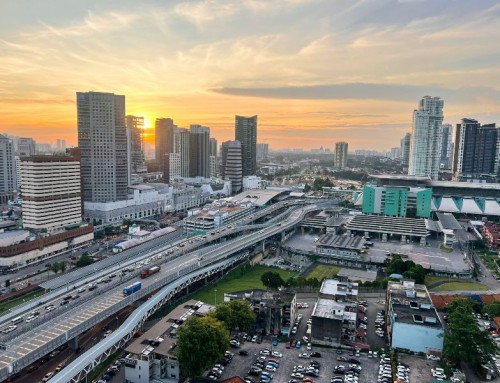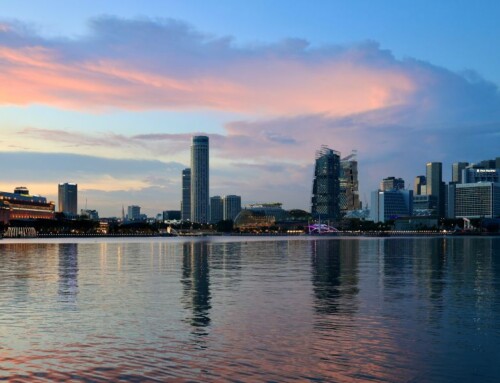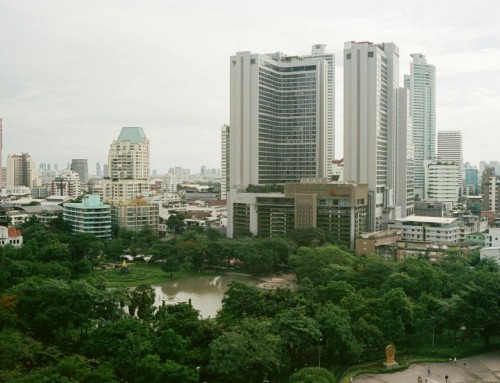In the last few years the real estate market seemed to be disconnected with what was happening in the global economy. In 2009 the global economy was in doldrums but that was the time when the Singapore property scene started to pick up. Back then it was all doom and gloom as the Singapore property market seemed to be hit by the global financial crisis. Credit was difficult to obtain and both the primary and secondary market was extremely weak. The market then took a sudden abrupt turn. Sales in show flats were brisk. Some may remember a certain shoe-box apartment in Alexandra by the name of Alexis receiving excellent sales and was sold out almost immediately. Since 2009 the global economy, namely the US economy and the Euro zone have been weak. However, the Singapore property market has been experiencing a boom. Sales have shot through the roof and prices in some cases have doubled since 2009. Since Singapore is an open economy and is extremely susceptible to external global economic shocks, then why would the property market in Singapore be acting the exact opposite of what was going on in the global economy?
The Monetary Association of Singapore regulates inflation by appreciating or depreciating our Singapore currency against a basket of currencies namely the US dollar. There are two methods to regulate asset prices in a country. In the first method, the government can set a rate of interest that banks charge for savings and lending activity. Basically if the interest rate is high, people would rather save than spend. If interest rates are extremely low, as what has been happening since 2009, then people will feel that it is cheap to borrow and it is not worth it to save. In an asset crazed country like Singapore, this would mean that people will think of borrowing money to purchase multiple properties as the interest they would have to pay was in the region of about 1% per annum but yet the rate of real estate capital appreciation was so much higher than the cost of borrowing. Leverage is basically the main reason why the Singapore real estate market has appreciated so much.
The alternative method of controlling asset prices would be to regulate the exchange rate of the Singapore dollar. If the Singapore dollar was week, our imports would cost more and thus prices in general would increase. Concurrently is our dollar was weak our exports become attractive and foreigners would demand more of them, thus increasing the revenue of export driven economies. Our Singapore government uses this method to regulate inflation. Our interest rate is thus left to market forces and generally we are a price taker as our bank rates move in tandem with our major trading partners. The US has been in stimulus mode since the financial crisis and have kept rates close to zero. Since then Singapore banks have also been offering historically low interest rates.
Now what is going to happen is a rather unique situation. The Singapore government has been keeping our exports competitive by regulating our Singapore dollar. Since 2009 businesses have been doing well and the government has been supporting businesses by stimulating the economy with many business friendly schemes. This meant that businesses have been doing well, people have been getting richer and borrowing is cheap. On the other side of the globe the US economy has been weak, people in that region have been trying to get out of a major recession but borrowing is also cheap. The situation is now such that the US economy is starting to see signs of recovery and people are starting to feel more positive about the economy and thus the Federal Reserve is talking about raising interest rates. Yet in Singapore, the property market is very weak, people feel that asset prices will continue to depreciate and yet borrowing rates are rising.
To me the asset prices rising in 2009 to 2013 was due to the perfect boom, a stimulated economy and low interest rates. This then explains why the current situation of a deflating economy and rising interest rates is a very huge cause for concern.
Yours Sincerely,
Daryl Lum






